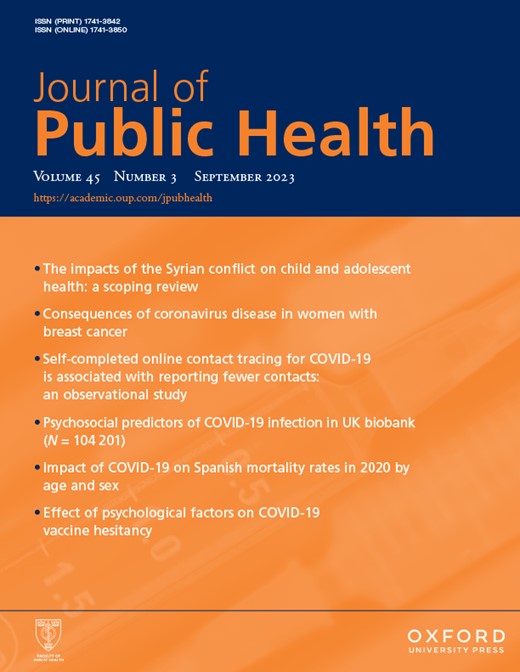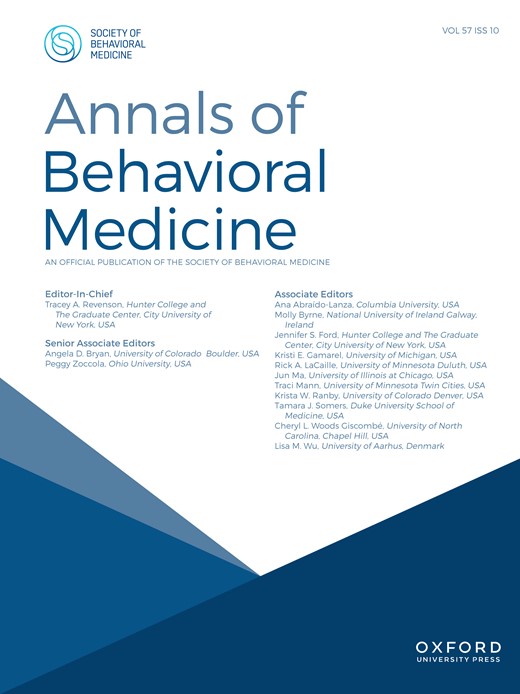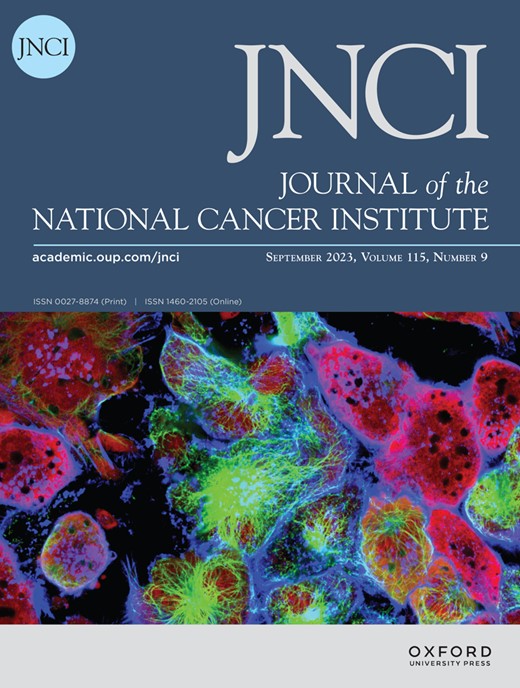Epidemiology of human papillomavirus-associated anogenital cancers in Granada: a three-decade population-based study
Introduction: HPV infection is a common risk factor for all anogenital cancers. However, there are important differences in the epidemiology of anogenital cancers and these have not been compared considering diverse epidemiological indicators over a long period of time. To fill this gap, we investigated incidence, mortality, and survival trends of anogenital cancers over a…












